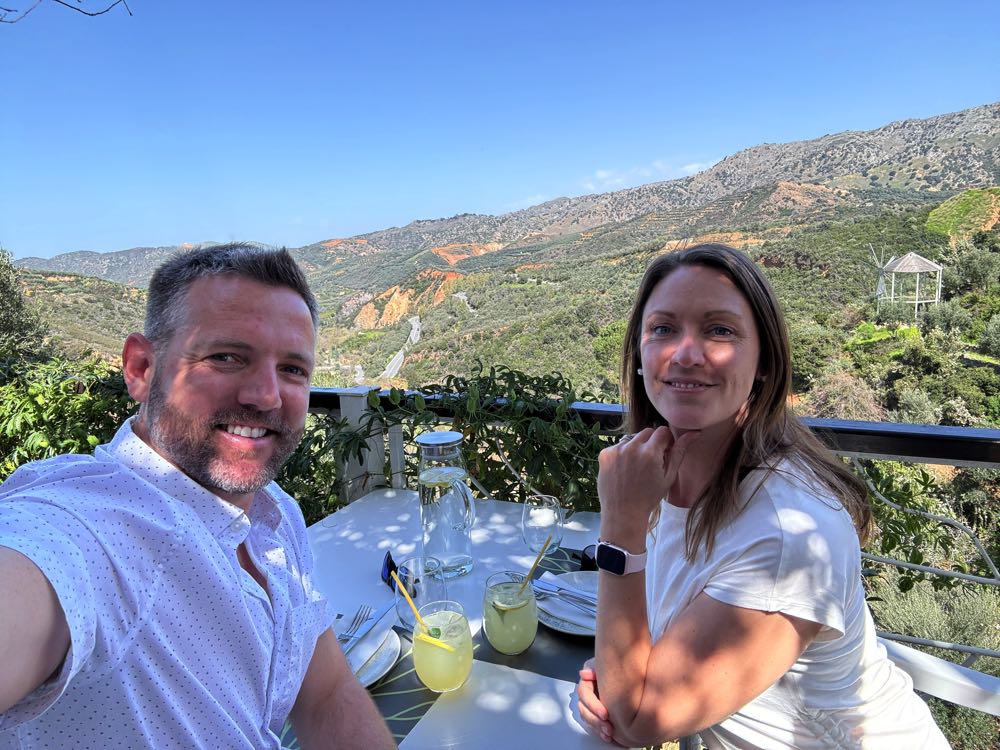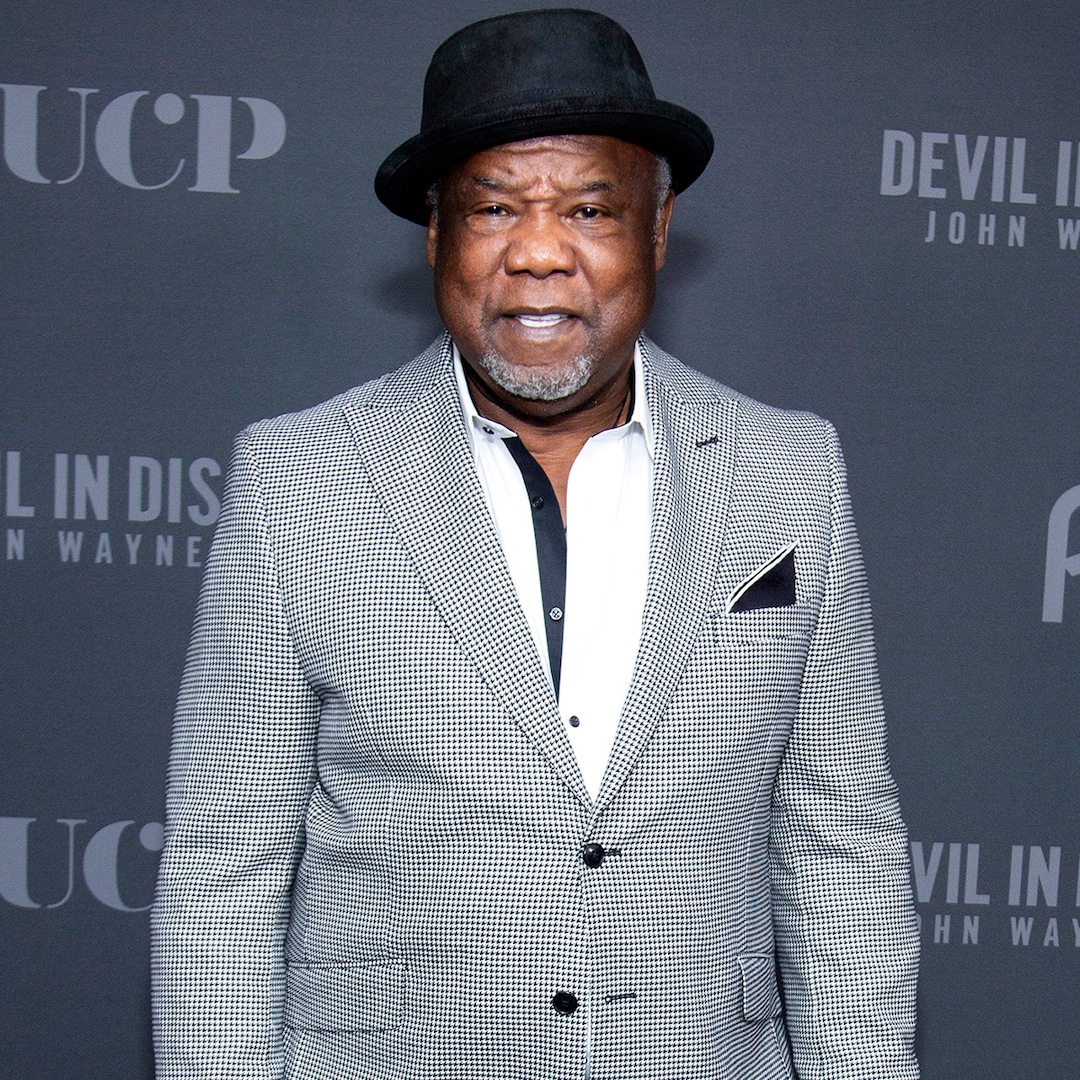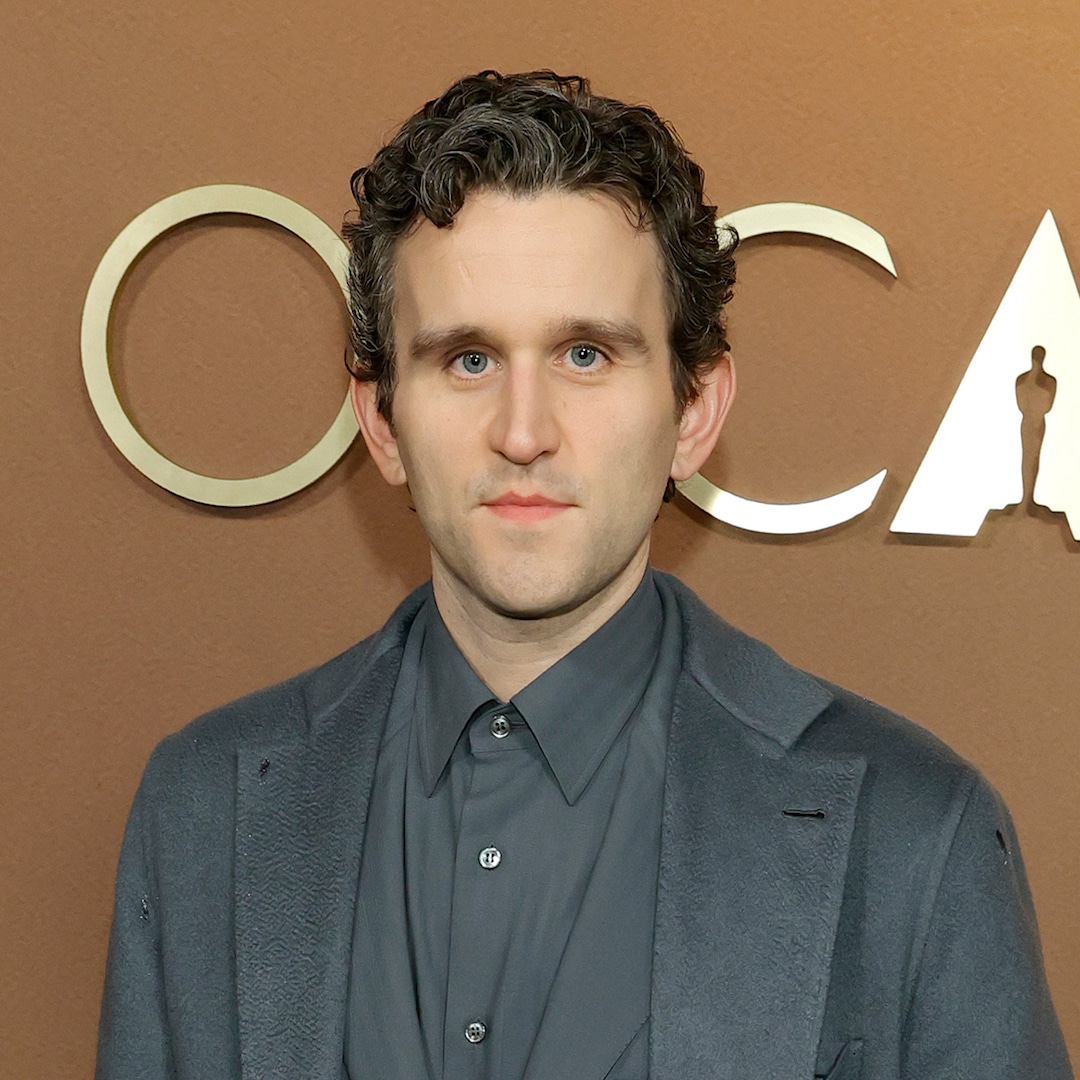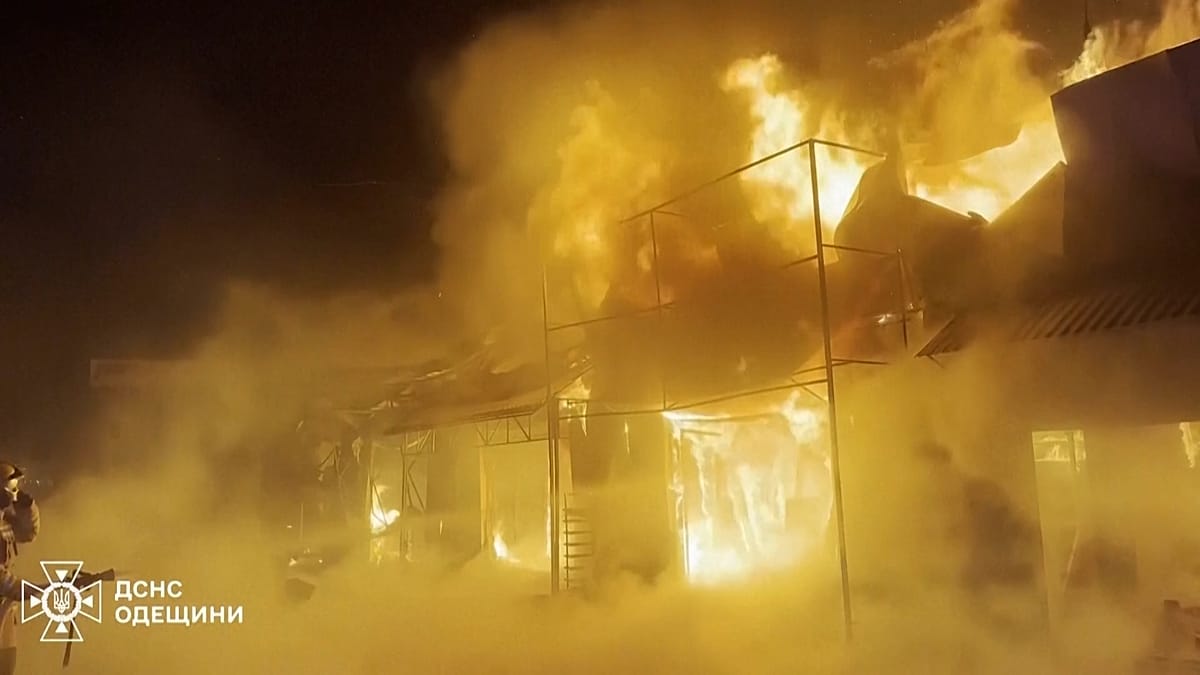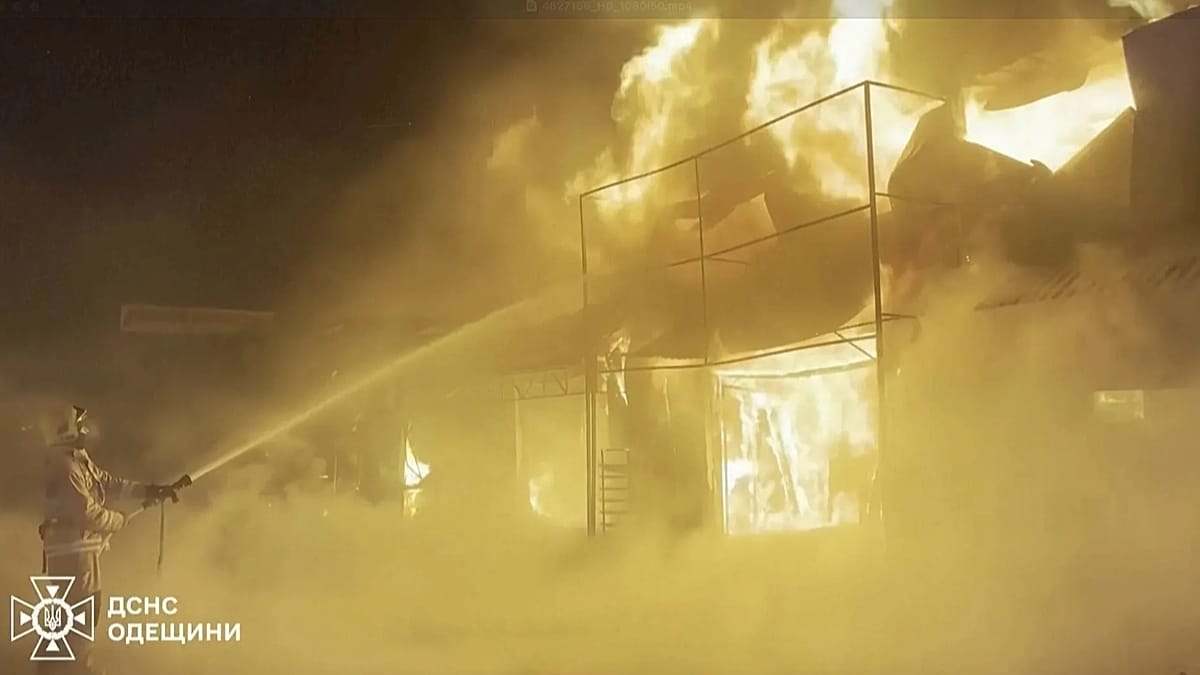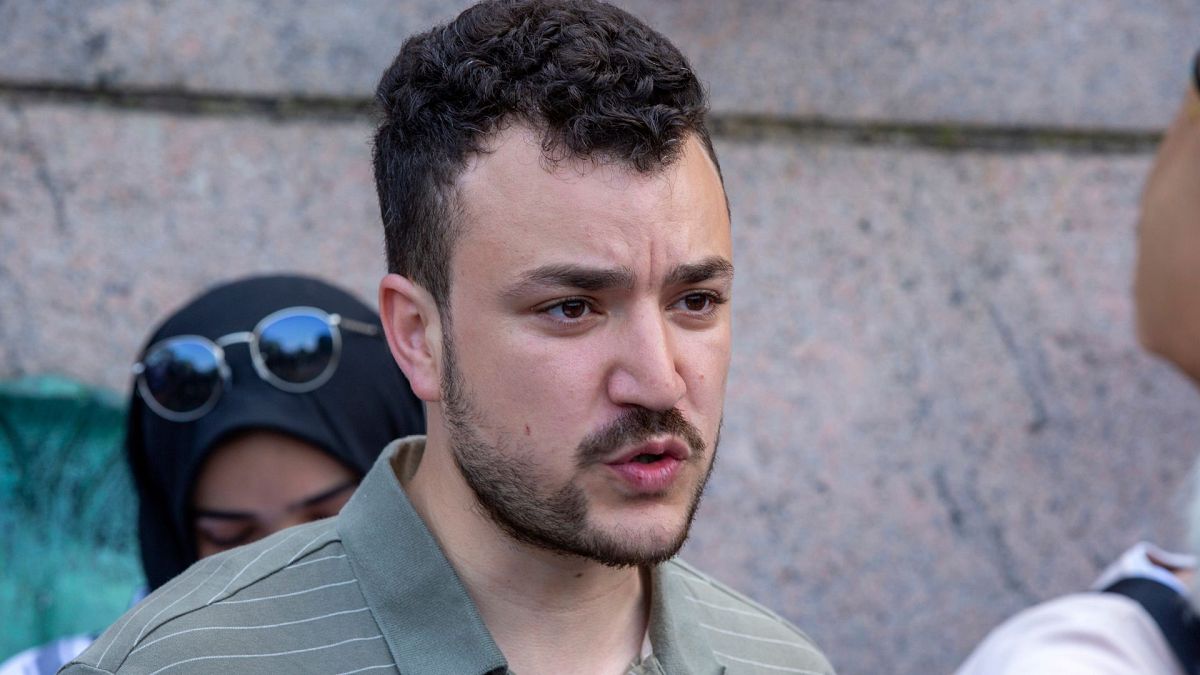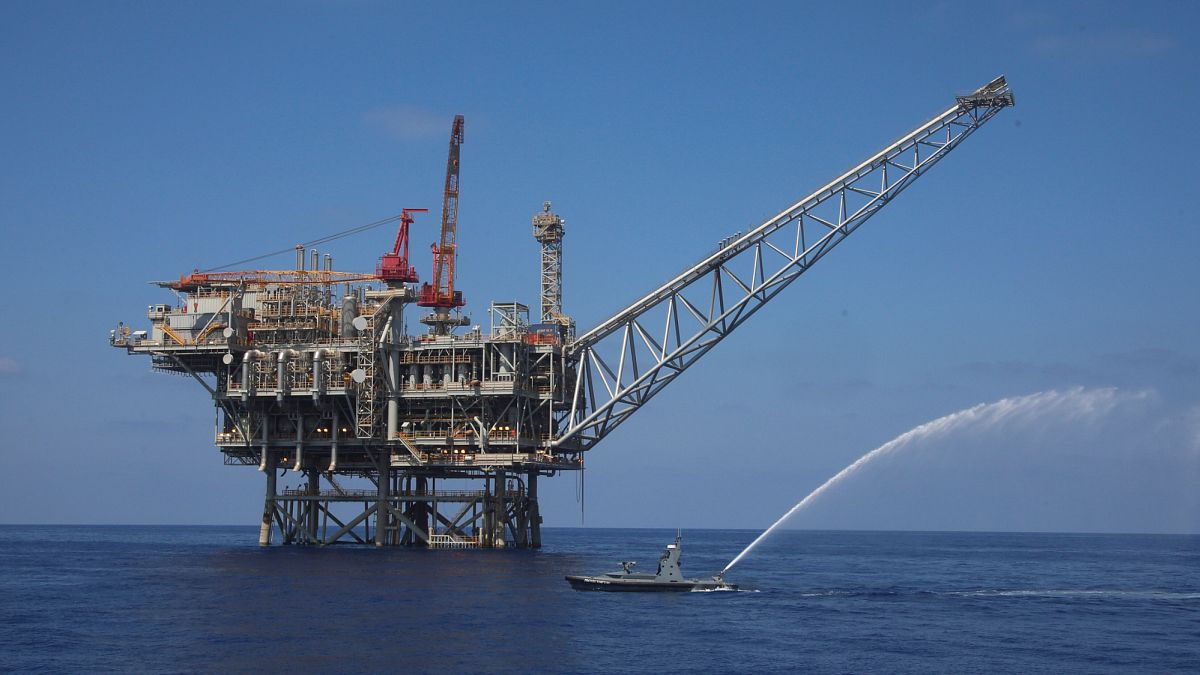German Foreign Minister aims to boost EU process for Western Balkan countries

Berlin (dpa) – Germany’s Foreign Minister Johann Wadephul wants to boost the EU enlargement process with the Western Balkan countries – and sees Croatia in a key role for this. “We need new momentum for enlargement now – for Ukraine, for Moldova, and for the countries of the Western Balkans,” said Wadephul at a meeting with his colleague Gordan Grlić Radman in the Croatian capital Zagreb. “Here, I wish for an active, a shaping role for Croatia as a companion,” he added.
Among the Western Balkan countries, Montenegro is seen as the furthest along in the EU accession process, but a date for accession is not in sight. The EU has been conducting accession negotiations with Montenegro and Serbia since 2012 and 2014, respectively. The negotiation process with Albania and North Macedonia started in 2022. Bosnia and Herzegovina has candidate status but has not yet entered negotiations. Kosovo is a potential candidate for accession.
Wadephul: EU accession process is also geopolitics
EU accession is not just a technical process, but also geopolitics, said Wadephul. “We must not leave our neighborhood to autocrats who want to exert influence through disinformation and corruption or lead us into new dependencies,” he warned, without naming countries like Russia and China. Alongside the enlargement process, the EU must be reformed internally so that it can meet geopolitical challenges as a capable and democratically solidified union.
Wadephul stated that Croatia is indispensable in the enlargement process. “You know the struggles of the accession process from your own experience. That makes you bridge builders for the Western Balkans.” The country is “a key for Europe to continue to grow, not only in terms of members but also in strength, cohesion, and radiance.” Croatia joined the European Union in mid-2013 as the most recent member and is also in NATO.
Radman warns of geostrategic vacuum
Radman stated that his country is actively participating in the EU’s negotiation process with the Western Balkan countries. “We do not want to see the influence of third parties on these countries,” he emphasized. The Western Balkans must not remain “in a geostrategic vacuum.” Radman added: “The Western Balkans is Europe; the Western Balkans geopolitically and geostrategically belongs to the EU.” (August 25)















